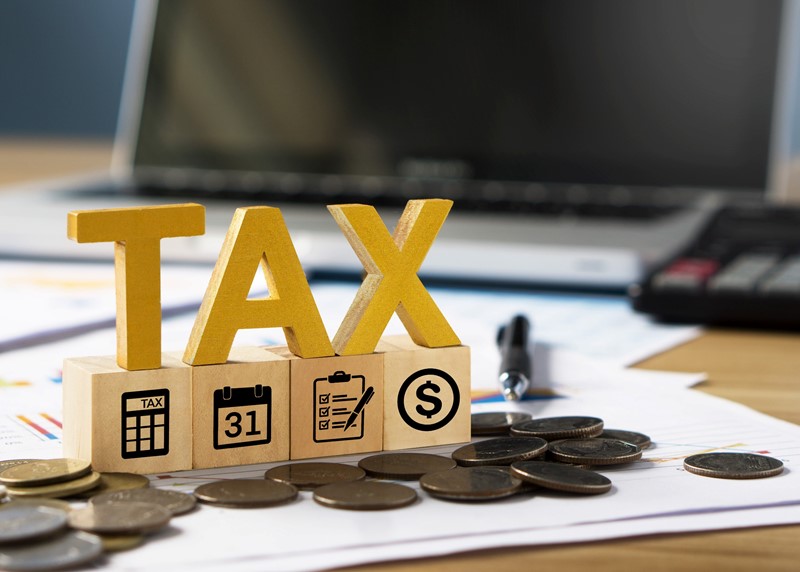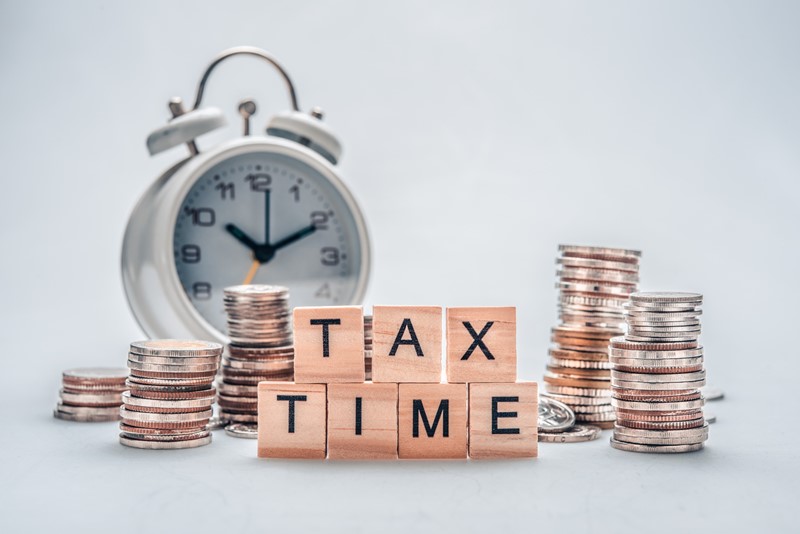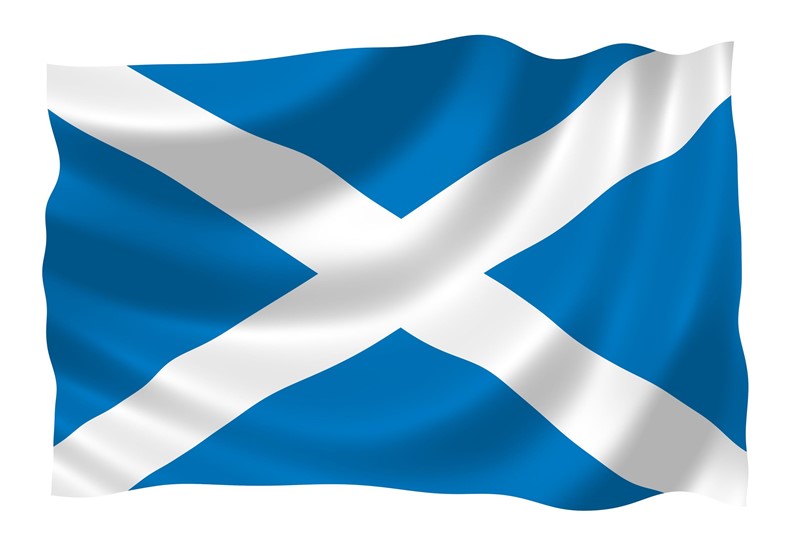


Making Tax Digital for Income Tax volunteers
From April 2026, Making Tax Digital for Income Tax (MTD for ITSA) will transform tax compliance for businesses, self-employed individuals, and landlords, mandating digital record-keeping and online submissions. Get prepared! The mandatory signup for Making Tax...
Claiming Child Benefits online
Over one million parents have now claimed Child Benefit online or via the HMRC app, with 87% of new claims using this speedy service. If you've recently had a baby or a child joins your family, applying online ensures you get support quickly—right when you...
Spreading tax payments by using Time to Pay
Can’t pay your tax bill in full by 31 January 2025? HMRC’s online Time to Pay system lets self-assessment taxpayers spread the cost over monthly instalments. With plans available for tax bills up to £30,000, this flexible option can help you avoid...
Scottish Budget Statement 2025-26
Scotland’s 2024 Budget delivers on public priorities with investments in services, poverty reduction, and economic growth. Tax rates stay frozen, but bands shift to protect low incomes. A hopeful step forward for Scotland’s future! Scotland’s Deputy...
